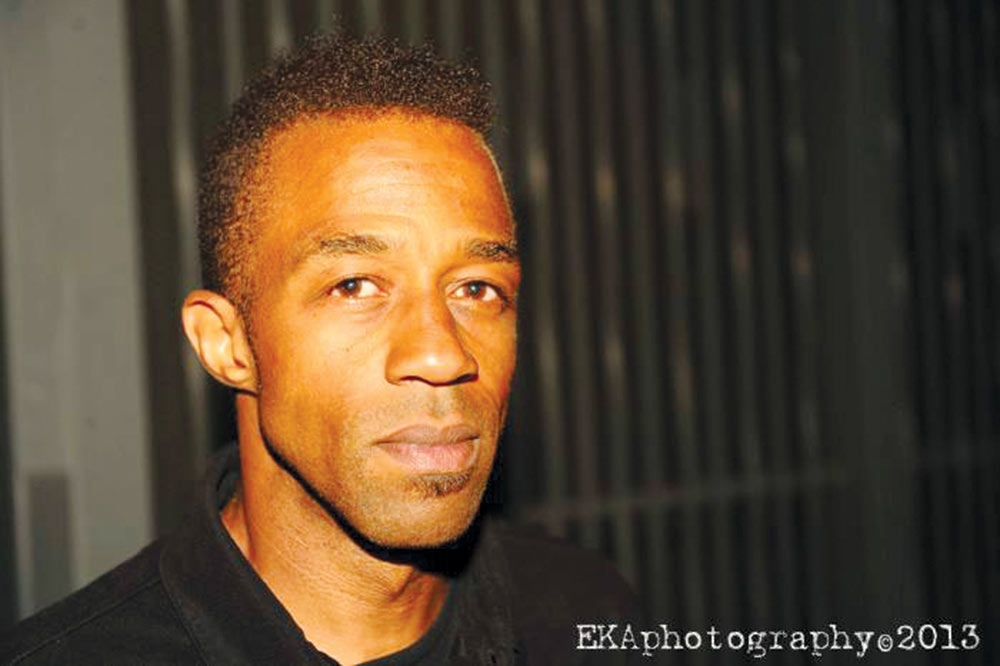Last month, The Associated Press announced it would capitalize the “b” in “Black” when referring to people in a racial or ethnic context. In a June 19 blog post, John Daniszewski, vice president for standards, wrote, “These changes align with long-standing capitalization of other racial and ethnic identifiers such as Latino, Asian American and Native American. Our discussions on style and language consider many points, including the need to be inclusive and respectful in our storytelling and the evolution of language. We believe this change serves those ends.”
The Associated Press is the standard language for all journalists, and anyone who has studied in the field must be familiar with The AP Style Guide before graduating. As goes AP, so goes the mainstream press. Though seemingly innocuous at first, the style change is reflective of what is going on in journalism as the result of covering the deaths of George Floyd, Brianna Taylor, Elijah McClain, Ahmaud Arbery, Tony McDade, David McAtee, Nina Pop and countless others—and the resulting Black Lives Matter protests taking place all over the country right now. The heightened “need to be inclusive and respectful” when it comes to not only how Black people are covered in the news, but also an examination into who does the reporting, has inspired a long-overdue “day of reckoning” in mainstream journalism.
In a June 23 New York Times opinion piece, “A Reckoning Over Objectivity, Led by Black Journalists,”” two-time Pulitzer Prize–winner Wesly Lowry wrote, “The view and inclinations of whiteness are accepted as the objective neutral. When Black and Brown reporters and editors challenge those conventions, it’s not uncommon for them to be pushed out, reprimanded or robbed of new opportunities.”
This observation came following a June 6 Washington Post article, “Pittsburgh paper accused of barring Black reporters from covering protests, censoring stories,” which reported that a Black journalist and photographer had been pulled from covering Black Lives Matter protests there. In the article, photojournalist Michael Santiago says, “the paper has barred him and at least one other reporter from covering anti-racism protests in Pittsburgh because they are seen as biased for being Black. Journalists are also accusing the newspaper of removing and censoring at least two articles published online Friday that reported on protests over George Floyd’s death and police abuses, as well as of penalizing reporters who came out in support of their black colleagues,” while pointing out the possible remedy by saying, “With the country gripped by an anti-racism uprising, what’s been unfolding inside the local Pittsburgh newspaper has underscored one of the fundamental challenges American media faces with its coverage: a lack of diverse voices, including of black journalists, in newsrooms. It’s also laid bare the challenges of trying to change that.”
There are challenges ahead in changing the status quo and how we, as reporters and editors, mean to meet them. Former KRON on-air reporter, East Bay Bureau chief and CNN anchor, Soledad O’Brien, cited in her July 4 New York Times Op-ed that, “According to the News Leaders Association in 2019, 21 percent of newspaper employees and 31 percent of online-only news employees belonged to so-called minority groups—that includes African-Americans, Latinos, Asian-Americans and Native Americans.”
In a time when Black journalists are needed most, media outlets, old and new, have failed to meet the rising call for representation, while reinforcing white supremacy in hiring, reporting and access to opportunities. What this “day of reckoning” shows is that this was not done by happenstance, but by design.
As a Black editor in the Weeklys family of newspapers and the first Black, Culture Editor of East Bay Express (the new sibling paper of the Bohemian and Pacific Sun), I am committed to elevating all voices of our diverse community. If you or someone you know is a Black or Brown journalist who has been locked out of the industry, our door is always open.
Email D. Scot Miller at ds******@*****ys.com.






